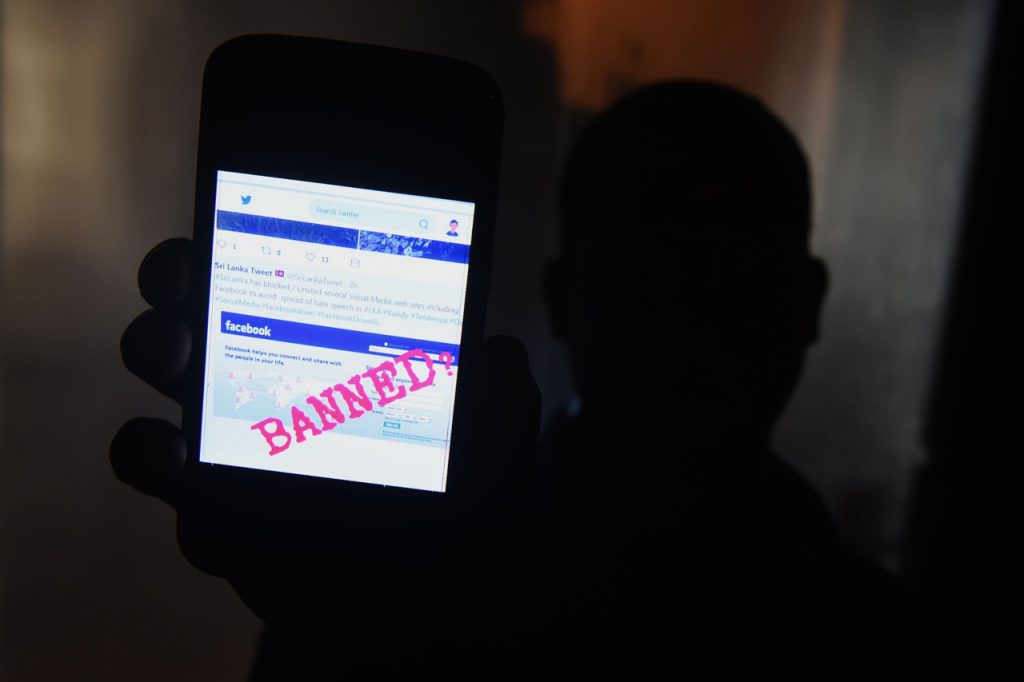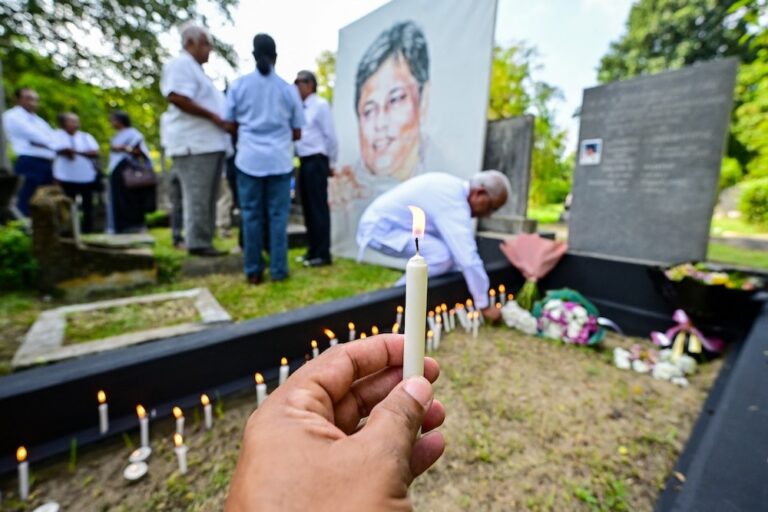Social media platforms including Instagram, Facebook and Whatsapp were blocked following the deadly attacks on 21 April.
This statement was originally published on ifj.org on 26 April 2019.
Following the deadly terrorist attacks in Sri Lanka on April 21, the Sri Lanka government blocked several social media platforms including Instagram, Facebook and Whatsapp. The International Federation of Journalists (IFJ) strongly criticised the decision by the government, to block social media, restricting the access to information of the people of Sri Lanka.
On Sunday, April 21, there were a series of bombings at churches and hotels in Colombo, Negombo and Batticaloa. Over 250 people were killed and over 300 were injured in the attacks. Information about the attacks, as well as images and videos quickly spread on social media channels across the island and the globe. In less than 12 hours, the Sri Lanka government had blocked social media channels in an attempt to stop the spread of ‘false news reports’. Facebook, Whatsapp, Instagram, YouTube, Snapchat and Viber were all affected. Reports also suggested that access to VPNs in Sri Lank was impacted.
The government has not said when the ban will be lifted.
This is not the first time the government has blocked social media. In March 2018 social media channels were blocked following riots in Kandy.
The Sri Lanka Working Journalists Association said: “SLWJA offers its gratitude to all media institutions and journalists who did their duty in a good manner while reporting this incident and hope they will continue to do so in the future.”
The Federation of Media Employees Trade Unions said: “It is our firm belief that the total blackout of social media would not help in finding solutions for the destructive tendencies and crises prevailing in the country. We appeal to all to use social media platforms with responsibility.”
The IFJ said: “The decision by the Sri Lanka government to restrict access to social media is a violation of the people’s right to information, and also creates unnecessary stress on people and families as they try to contact and confirm the safety of their loved ones. Restricting social media and the internet, means that journalists are also restricted in their work, which has been essential in this time. We support our Sri Lankan colleagues who have worked tirelessly to report on the attacks.”



